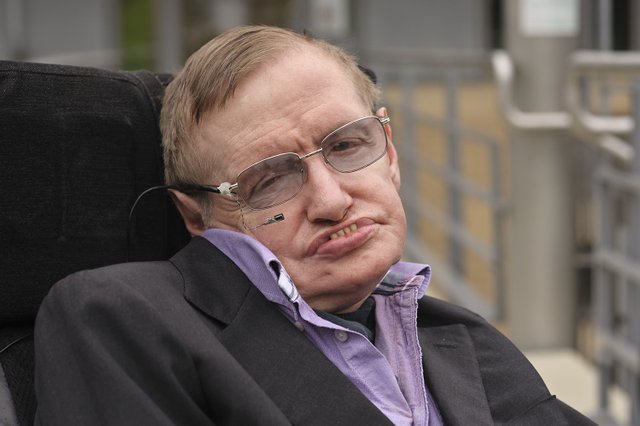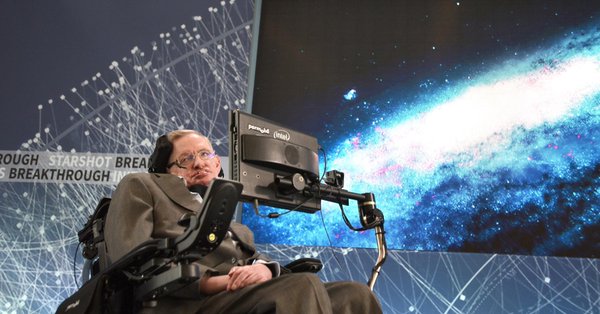Stephen Hawking, science's brightest star, dies aged 76

The physicist and author of A Brief History of Time has died at his home in Cambridge. His children said: ‘We will miss him for ever’

Hawking was driven to Wagner, but not the bottle, when he was diagnosed with motor neurone disease in 1963 at the age of 21. Doctors expected him to live for only two more years. But Hawking had a form of the disease that progressed more slowly than usual. He survived for more than half a century.
Hawking once estimated he worked only 1,000 hours during his three undergraduate years at Oxford. In his finals, he came borderline between a first- and second-class degree. Convinced that he was seen as a difficult student, he told his viva examiners that if they gave him a first he would move to Cambridge to pursue his PhD. Award a second and he threatened to stay. They opted for a first.
Those who live in the shadow of death are often those who live most. For Hawking, the early diagnosis of his terminal disease, and witnessing the death from leukaemia of a boy he knew in hospital, ignited a fresh sense of purpose. “Although there was a cloud hanging over my future, I found, to my surprise, that I was enjoying life in the present more than before. I began to make progress with my research,” he once said. Embarking on his career in earnest, he declared: “My goal is simple. It is a complete understanding of the universe, why it is as it is and why it exists at all.”
He began to use crutches in the 1960s, but long fought the use of a wheelchair. When he finally relented, he became notorious for his wild driving along the streets of Cambridge, not to mention the intentional running over of students’ toes and the occasional spin on the dance floor at college parties.
In 1974 Hawking drew on quantum theory to declare that black holes should emit heat and eventually pop out of existence. For normal-sized black holes, the process is extremely slow, but miniature black holes would release heat at a spectacular rate, eventually exploding with the energy of a million one-megaton hydrogen bombs.
His proposal that black holes radiate heat stirred up one of the most passionate debates in modern cosmology. Hawking argued that if a black hole could evaporate, all the information that fell inside over its lifetime would be lost forever. It contradicted one of the most basic laws of quantum mechanics, and plenty of physicists disagreed. Hawking came round to believing the more common, if no less baffling, explanation that information is stored at a black hole’s event horizon, and encoded back into radiation as the black hole radiates.
Marika Taylor, a former student of Hawking’s and now professor of theoretical physics at Southampton University, remembers how Hawking announced his U-turn on the information paradox to his students. He was discussing their work with them in the pub when Taylor noticed he was turning his speech synthesiser up to the max. “I’m coming out!” he bellowed. The whole pub turned around and looked at the group before Hawking turned the volume down and clarified the statement: “I’m coming out and admitting that maybe information loss doesn’t occur.” He had, Taylor said, “a wicked sense of humour.”
Hawking’s run of radical discoveries led to his election in 1974 to the Royal Society at the young age of 32. Five years later, he became the Lucasian professor of mathematics at Cambridge, arguably Britain’s most distinguished chair, and a post formerly held by Isaac Newton, Charles Babbage and Paul Dirac, one of the founding fathers of quantum mechanics.
Flagged for plagiarism.
rip, legend
Congratulations @bitzoner! You received a personal award!
You can view your badges on your Steem Board and compare to others on the Steem Ranking
Do not miss the last post from @steemitboard:
Vote for @Steemitboard as a witness to get one more award and increased upvotes!